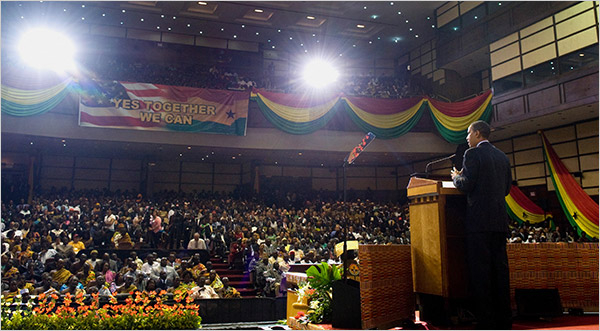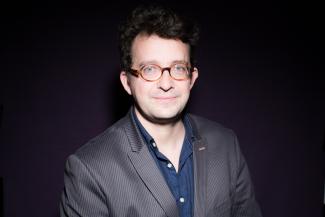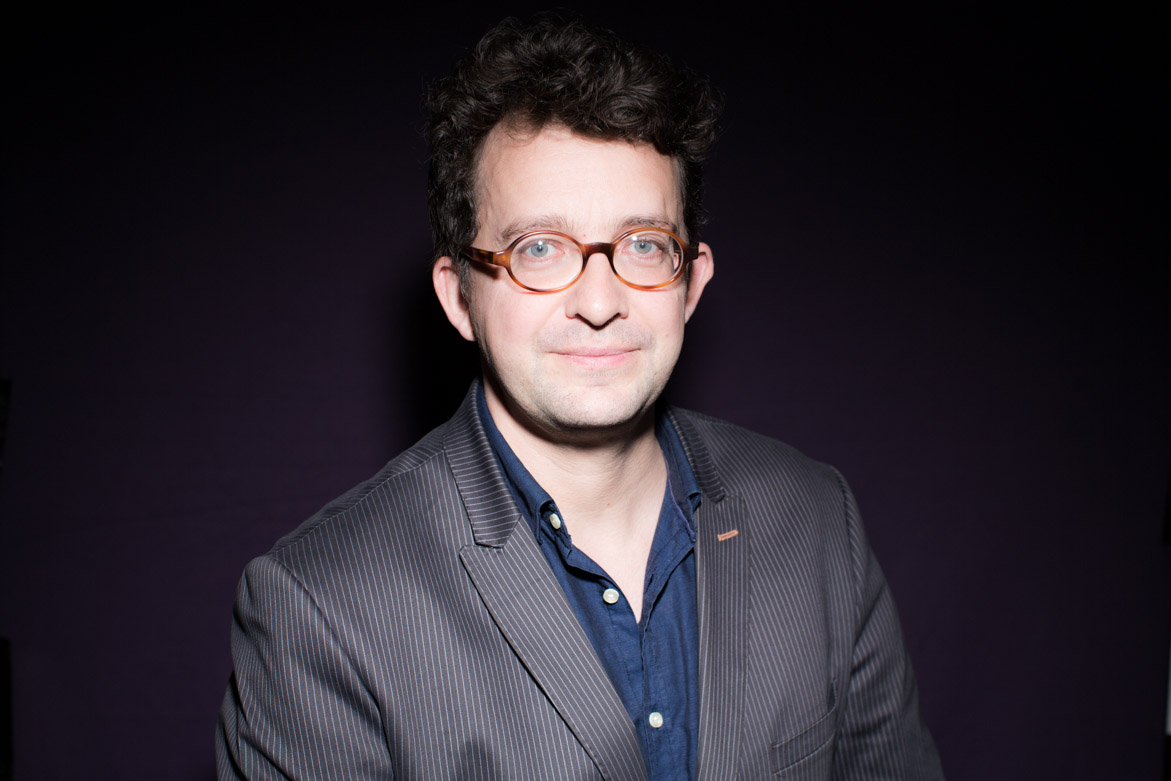
Practical information

Event organized in partnership with the French-American Foundation
The election of President Obama, son of a Kenyan father, stirred the African continent and raised enthusiasm for American initiatives. However, the refocusing of the presidential priorities on interior politics provoked by the impact of the economic crisis is not going to lead to a major shift of the American strategy for Africa. A year and half after his election, and almost a year after the landmark Accra speech, what are the administration’s priorities when it comes to Africa?
Around Dr Eric Silla, Special Advisor to the Assistant Secretary for African Affairs, Johnnie Carson, at the Department of State. His main topic for the discussion will be: "Promoting Stability and Democracy in Africa: Through Collaborative Diplomacy"
The conference will be held in English
Chairman: Alain Antil, Head of Ifri's Sub-Saharan program
Dr Eric Silla's short Biography: Dr. Eric Silla has worked on Africa in different capacities for the U.S. Government for over ten years. He is currently the and focused on policy strategy. Previously, he served as Chief of the Futures Branch in the Knowledge Development Division at the United States Africa Command, where he established the Command’s strategic analysis and social science research programs. He has also served on the National Intelligence Council as Deputy National Intelligence Officer for Africa. Prior to his government service, Dr. Silla taught at Georgetown and Northwestern Universities and the University of Maryland. He established a study abroad program in Mali for the School for International Training. Dr. Silla holds a Ph.D. from Northwestern University and a B.A. from Yale College. His book, “People are not the Same: Leprosy and Identity in Twentieth-Century Mali” was awarded The Amaury Talbot Prize for African Anthropology by the Royal Anthropological Institute of United Kingdom in 1998.
.
Speakers
Other events

From Ambition to Action: Exploring Technological Partnerships with India
The 16th EU-India Summit, held on January 27th in New Delhi with European leaders António Costa, Ursula von der Leyen, and Prime Minister Narendra Modi, marks a significant milestone in deepening EU-India relations. At the same time, official bilateral visits from EU member states are on the rise, including that of the French President, who visited India in February to participate in the Artificial Intelligence Summit. As India asserts its technological ambitions and seeks to reduce its dependence on China, Europe is stepping up its efforts to diversify its strategic partnerships.

The Enlargement of the European Union: A Strategic Choice? France, the Western Balkans and the EU in an Uncertain Geopolitical Context
Russia’s war against Ukraine has brought the enlargement of the European Union back to the centre of European strategic debates. In this context, the Western Balkans have regained heightened visibility in discussions on the continent’s security, at a time when the international environment is marked by a growing number of destabilising factors.








